A-Rod deserved better
A farewell to the best baseball player of his generation

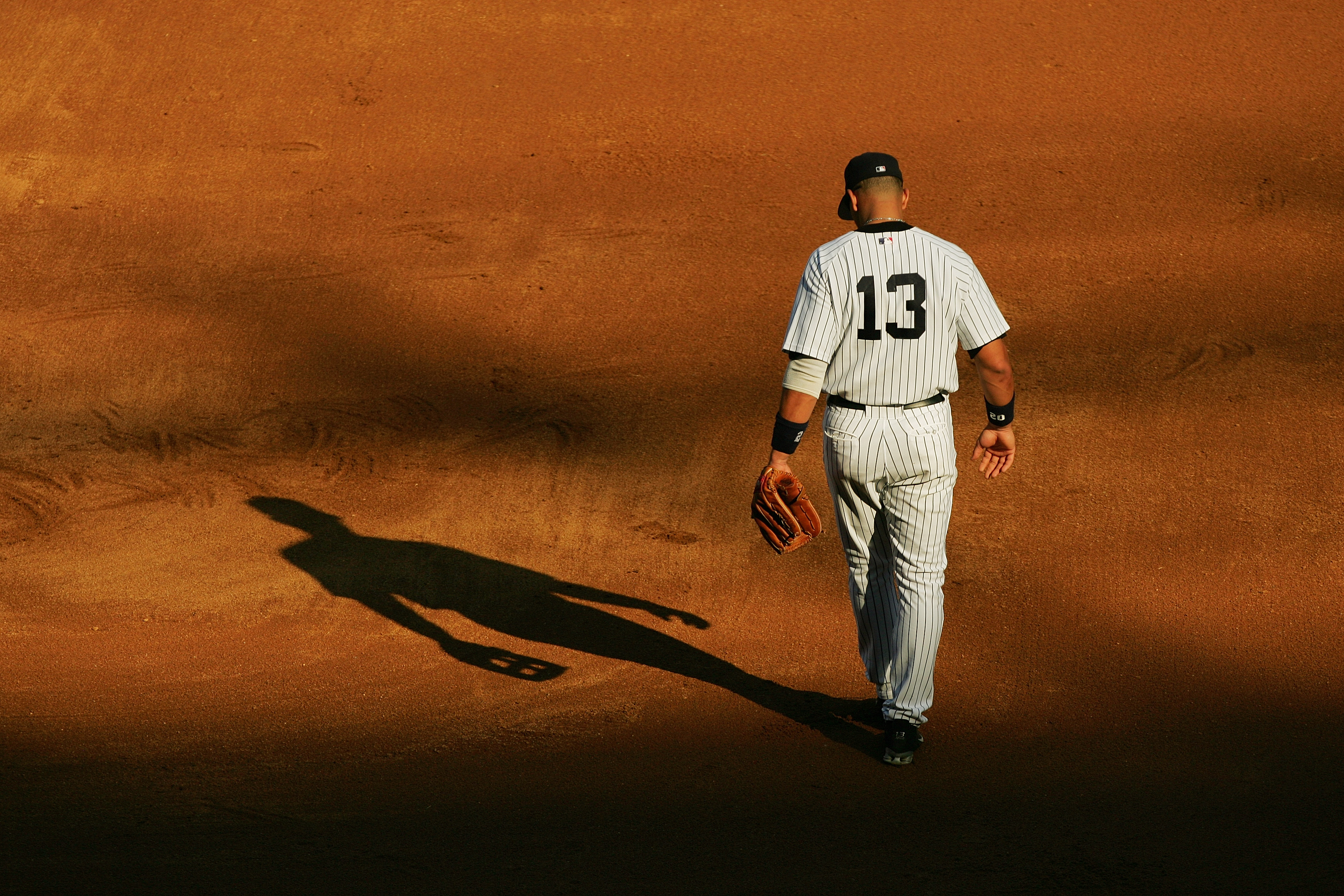
A free daily email with the biggest news stories of the day – and the best features from TheWeek.com
You are now subscribed
Your newsletter sign-up was successful
Alex Rodriguez will have his last at-bat for the Yankees, and likely as a Major League ballplayer, on Friday. He is not going out limping like many greats, or going out after a long series of commemorations and celebrations like his former teammates Mariano Rivera and Derek Jeter. The end of his Yankee career can be described with the same word that always seems to be applied to the way A-Rod presented himself: forced.
It is like a divorce being reported in the society pages. Alex Rodriguez was the trophy wife who once made the Yankees too excited, too loose with their wallet, and too emotional to cope with everyday life. And now, the Yankees are looking for emotional closure, and achieving it by sending A-Rod away with the balance of their pre-nuptial agreement.
There's something sad and squalid about the whole business. Alex Rodriguez seems to be hated by fans, by sports media, and by his own bosses in a way that is totally disproportionate to his offenses.
The Week
Escape your echo chamber. Get the facts behind the news, plus analysis from multiple perspectives.

Sign up for The Week's Free Newsletters
From our morning news briefing to a weekly Good News Newsletter, get the best of The Week delivered directly to your inbox.
From our morning news briefing to a weekly Good News Newsletter, get the best of The Week delivered directly to your inbox.
Rodriguez was the best baseball player of his generation. His 696 home runs put him just behind Barry Bonds (762), Hank Aaron (755), and Babe Ruth (714), making him one of the best sluggers of all time. But for half of his career, Alex Rodriguez also played the premium defensive position, shortstop. He only moved to third base to give room to the inferior defender Jeter, a player who was loved in a way that was disproportionate to his accomplishments.
But why was A-Rod so hated? Other players failed to live up to sky-high expectations and were forgiven and even embraced by fans. Other PED cheats served their penalties and were welcomed back to the game, with their accomplishments noted. Other star athletes lie; fans see it as the norm for famous people. Other ballplayers date actresses and models; they are admired for it. A-Rod was hated all the way down.
The Yankees very churlishly left A-Rod's impending milestone accomplishments out of their media guides last year. They tried to renege on their contractual obligation to pay him bonuses for achieving them. Eventually they worked out a scheme for donating the bonuses to charity.
Perhaps because of the record-setting contracts he signed, perhaps because he was a big star who never was loved by any fanbase at all, Rodriguez became the scapegoat for an entire baseball culture that looked the other way during the steroid era. The team officials, who knew what their players did to get an edge, averted their eyes. The fans, who watched former string-bean stars turn into swollen body builders, bought more season tickets and merchandise in response. The apparel companies and sports cable networks marketed baseball by saying, "Chicks dig the long ball." And a commissioner's office didn't ask too many questions so long as the rising gate receipts and television revenues kept team owners happy.
A free daily email with the biggest news stories of the day – and the best features from TheWeek.com
The price of looking the other way was the creation of a culture that corrupted and then destroyed utterly the reputations of two of its best ever players, Barry Bonds and Alex Rodriguez. Bonds acted like a surly jerk in the end, and his cheating seemed to grow out of a straightforward resentment at the overnight slugging sensations of the 1990s.
But something else was at work with Alex Rodriguez. It was as if fans and the media perceived very quickly that Alex Rodriguez, unlike other super athletes in an era of super athletes, had two obvious and intertwined vulnerabilities: a deep unselfconscious love for the game he was so good at and a crippling self-consciousness for how he was perceived.
Rodriguez knew that people watched him with suspicion. Even the knowledge of this changed the way he moved through the world and especially on a baseball field. Just the awareness of the audience's intense scrutiny gave him a rehearsed look. It seemed as if his stretching routine in the on-deck circle had been choreographed and workshopped extensively in front of an mirror in an expansive home gym. Or perhaps even with a home video-camera. When you think about it, that's exactly the way both an unforgivable narcissist and an adorable kid would do it. Both act in the hope of being great and recognized as great.
A-Rod was quick to give other players help. Because he loved the game he would, unlike most ballplayers, watch other teams play or a DVR of the innings he just played. He would offer compliments to the broadcasters for their good calls.
"I do want to be remembered as someone madly in love with the game of baseball," he said during the abrupt and tearful announcement of his retirement. "I tripped and fell a lot… and kept getting up.”
He did. And looking back, I feel guilty for ever rejoicing in the times he fell. He was fully complicit in his shortcomings. But as a fan, I was complicit in them too. I should have appreciated his talents more when he he had the full use of them, and I should have blamed professional baseball more for the faults he had, the faults that we all encouraged.
Michael Brendan Dougherty is senior correspondent at TheWeek.com. He is the founder and editor of The Slurve, a newsletter about baseball. His work has appeared in The New York Times Magazine, ESPN Magazine, Slate and The American Conservative.
-
 The ‘ravenous’ demand for Cornish minerals
The ‘ravenous’ demand for Cornish mineralsUnder the Radar Growing need for critical minerals to power tech has intensified ‘appetite’ for lithium, which could be a ‘huge boon’ for local economy
-
 Why are election experts taking Trump’s midterm threats seriously?
Why are election experts taking Trump’s midterm threats seriously?IN THE SPOTLIGHT As the president muses about polling place deployments and a centralized electoral system aimed at one-party control, lawmakers are taking this administration at its word
-
 ‘Restaurateurs have become millionaires’
‘Restaurateurs have become millionaires’Instant Opinion Opinion, comment and editorials of the day
-
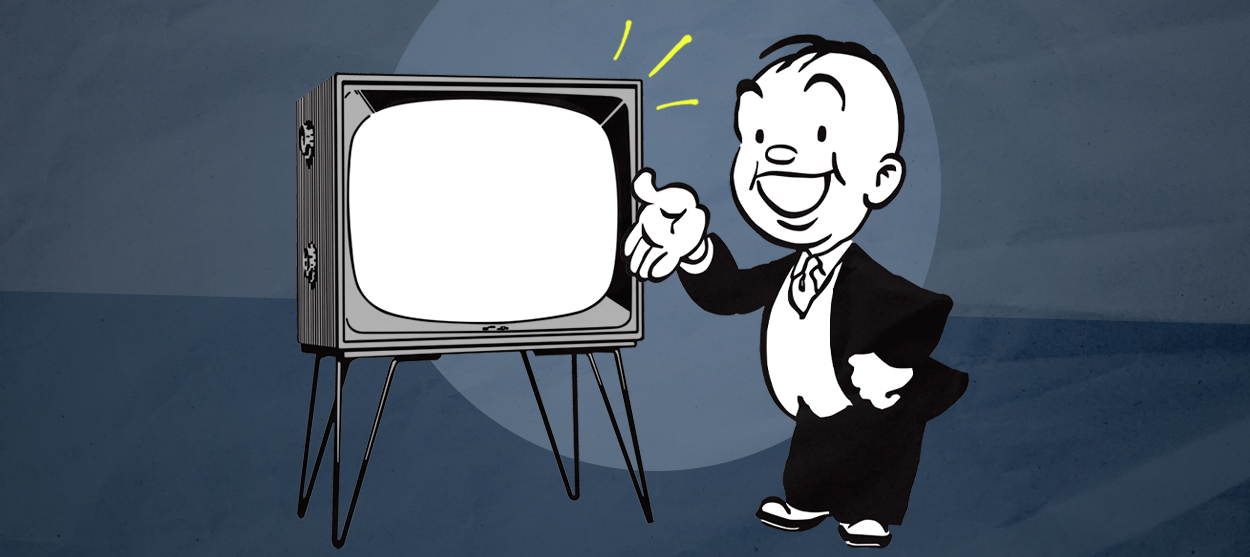 The hottest Super Bowl ad trend? Not running an ad.
The hottest Super Bowl ad trend? Not running an ad.The Explainer The big game will showcase a variety of savvy — or cynical? — pandemic PR strategies
-
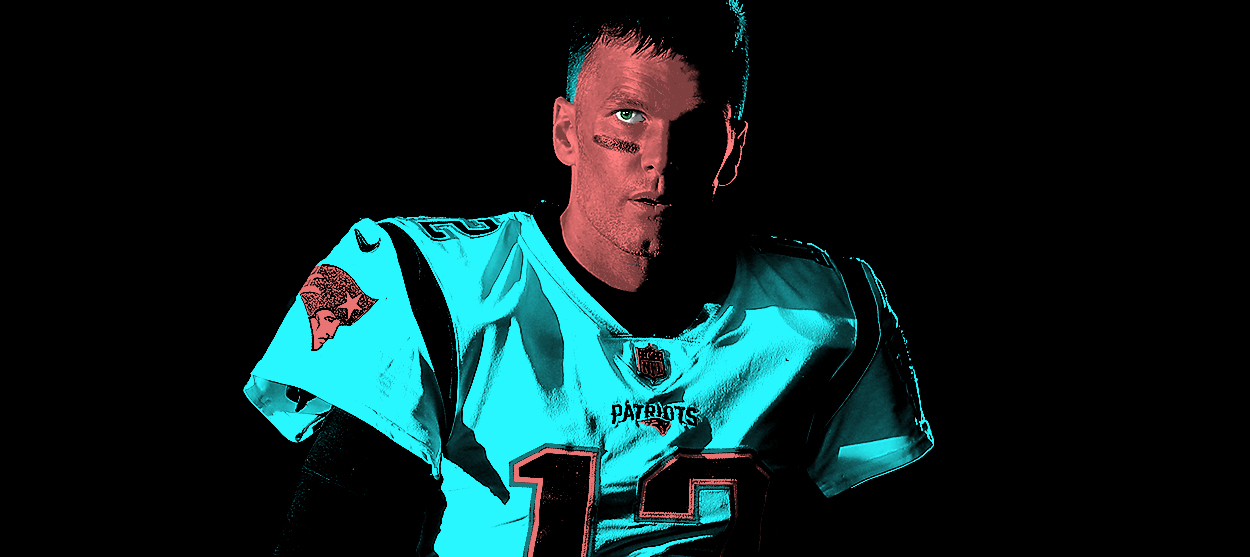 Tom Brady bet on himself. So did Bill Belichick.
Tom Brady bet on himself. So did Bill Belichick.The Explainer How to make sense of the Boston massacre
-
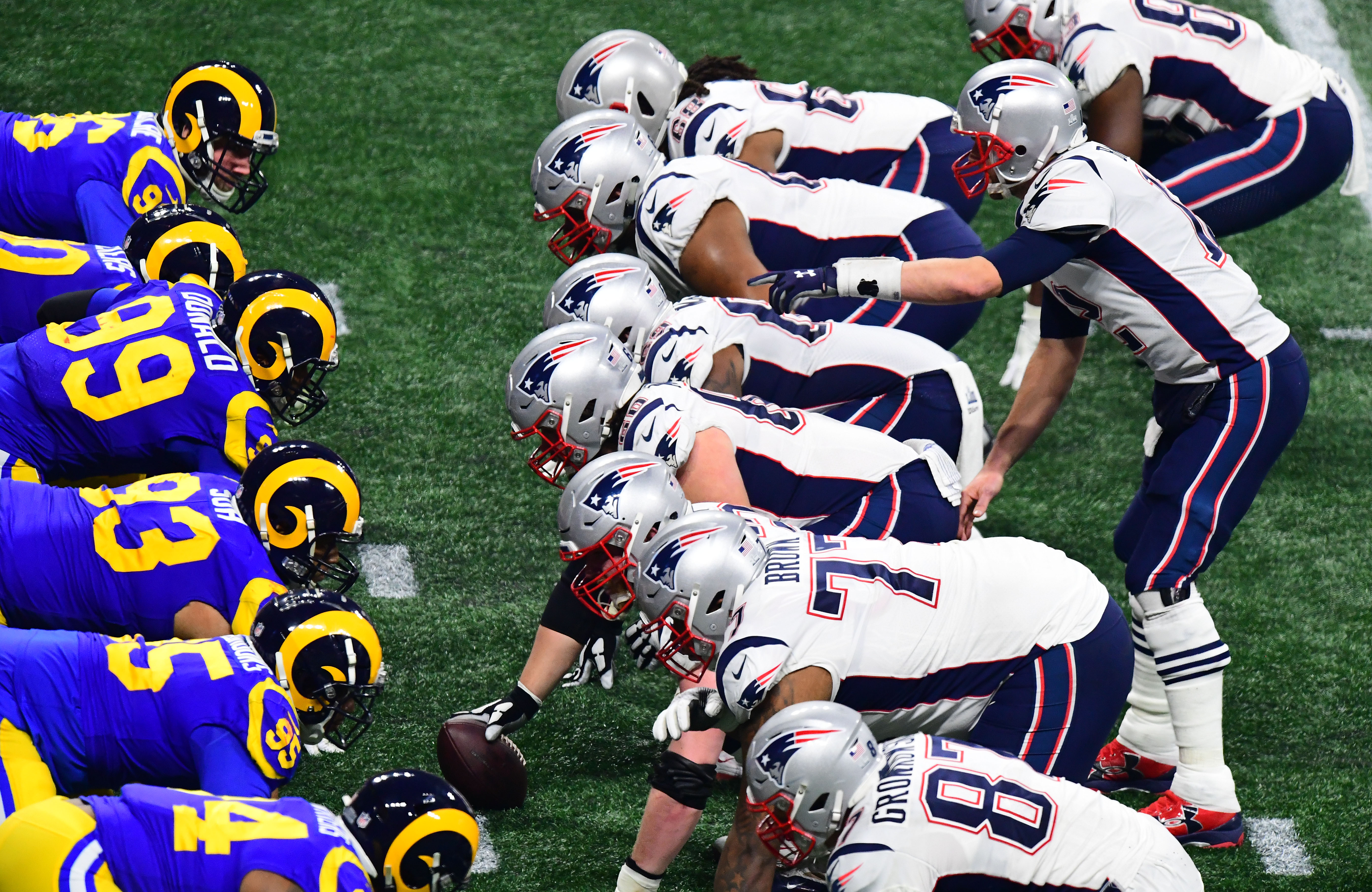 The 13 most exciting moments of Super Bowl LIII
The 13 most exciting moments of Super Bowl LIIIThe Explainer Most boring Super Bowl ... ever?
-
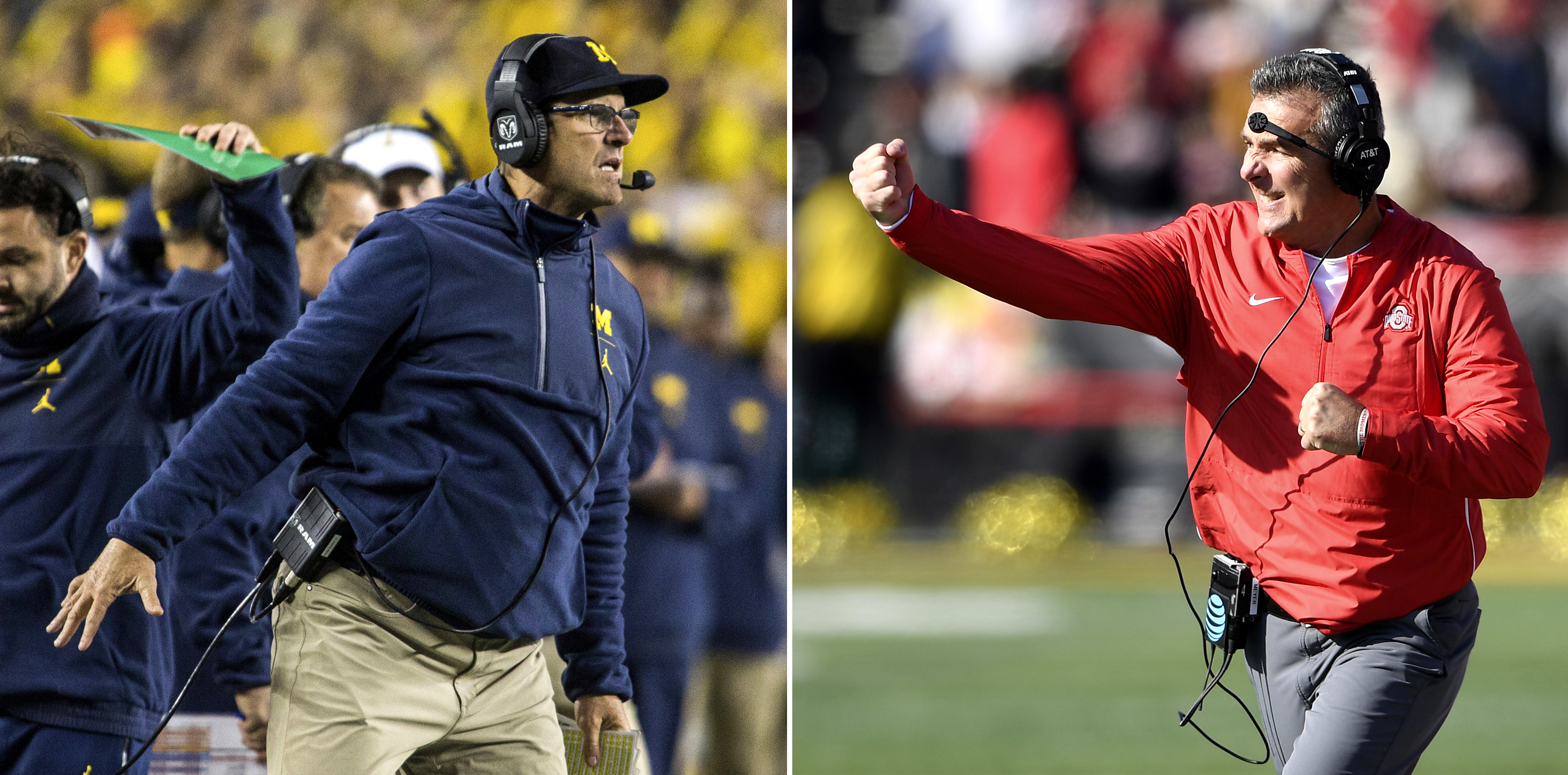 The enduring appeal of Michigan vs. Ohio State
The enduring appeal of Michigan vs. Ohio StateThe Explainer I and millions of other people in these two cold post-industrial states would not miss The Game for anything this side of heaven
-
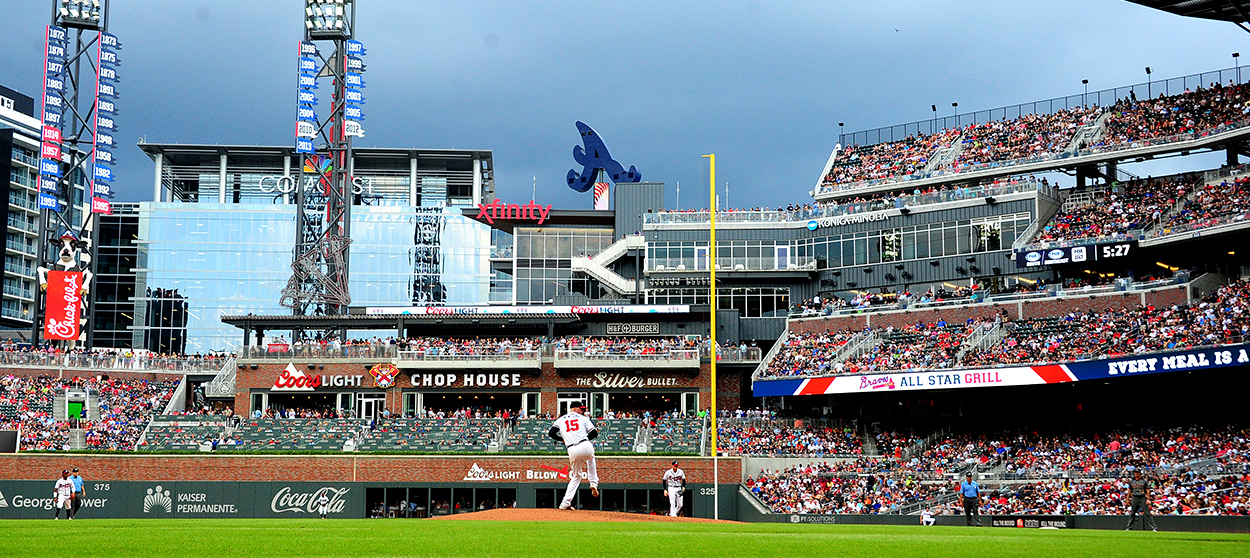 When sports teams fleece taxpayers
When sports teams fleece taxpayersThe Explainer Do taxpayers benefit from spending billions to subsidize sports stadiums? The data suggests otherwise.
-
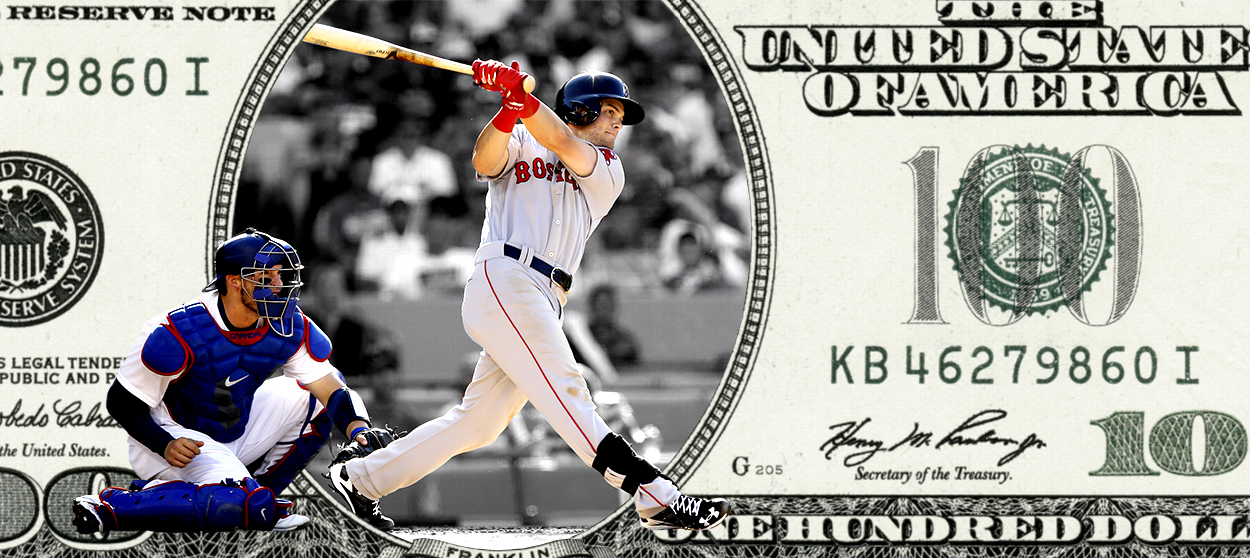 The 2018 World Series is bad for baseball
The 2018 World Series is bad for baseballThe Explainer Boston and L.A.? This stinks.
-
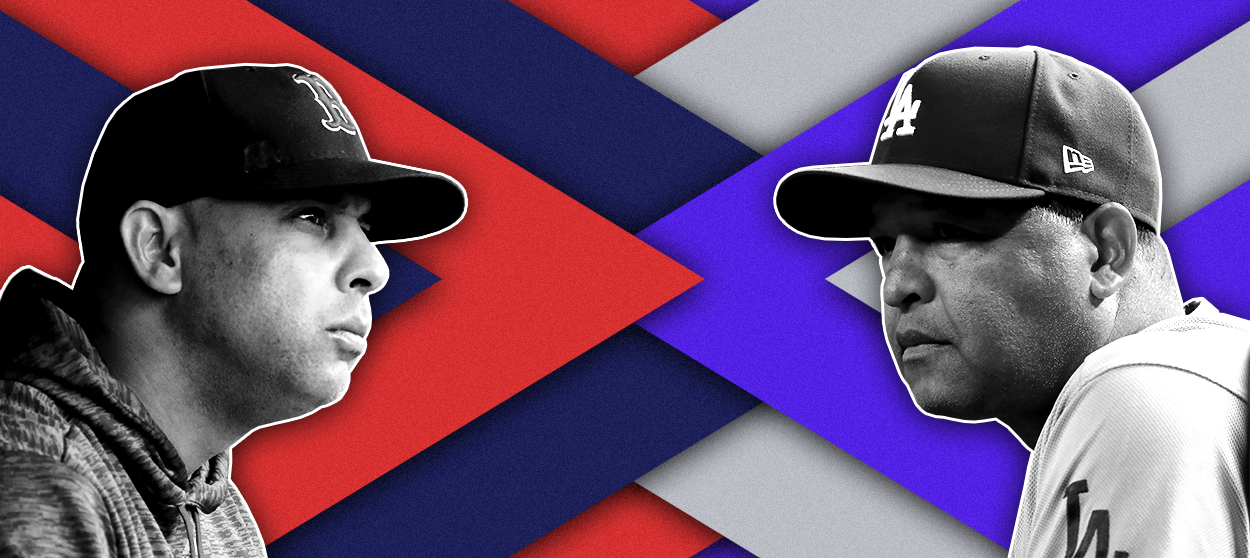 This World Series is all about the managers
This World Series is all about the managersThe Explainer Baseball's top minds face off
-
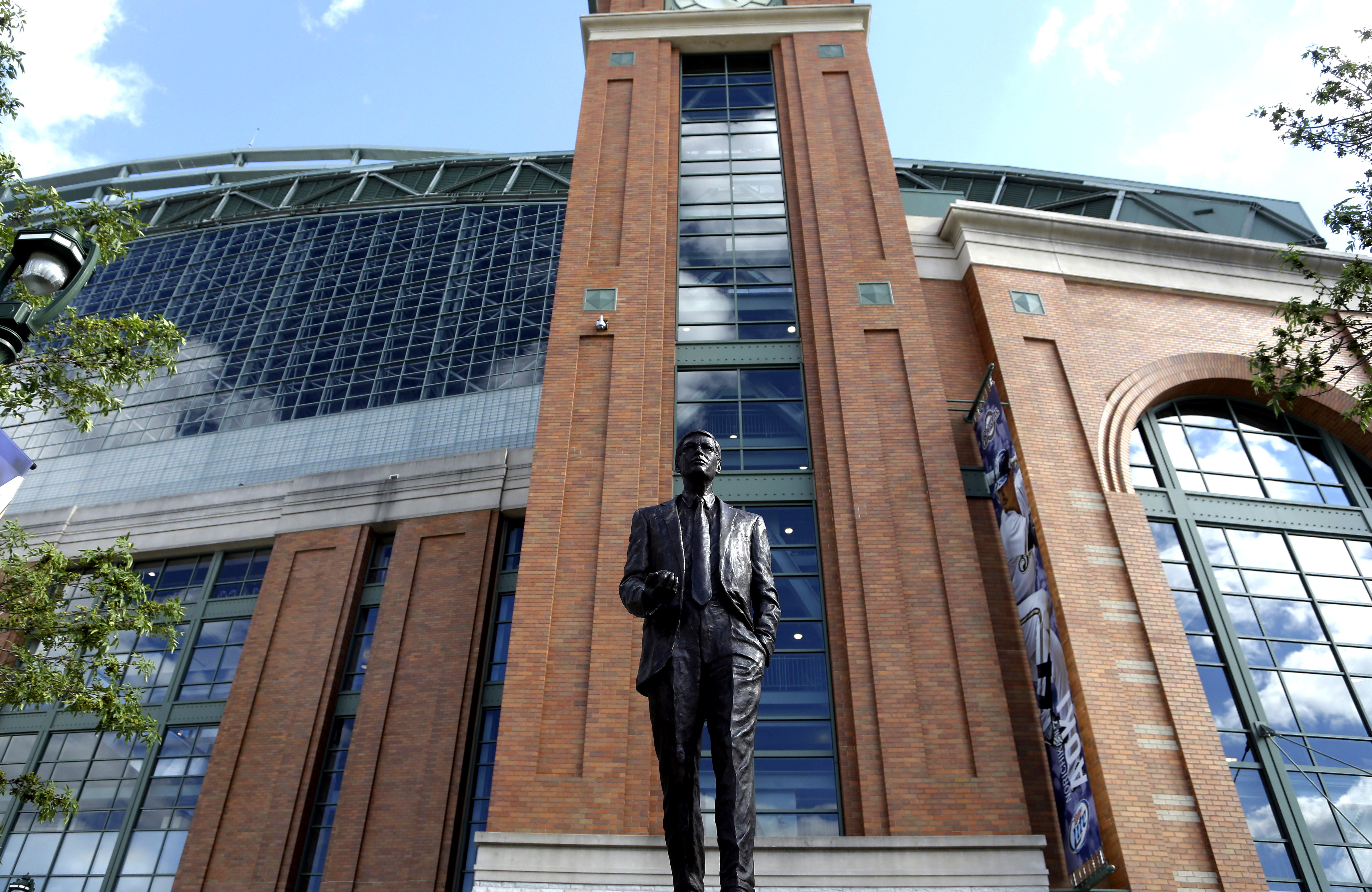 Behold, the Bud Selig experience
Behold, the Bud Selig experienceThe Explainer I visited "The Selig Experience" and all I got was this stupid 3D Bud Selig hologram
